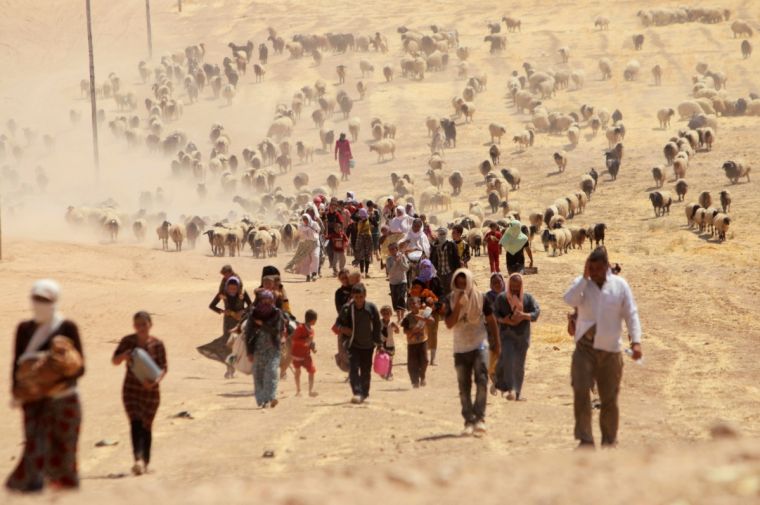Rising Islamist 'Hyperextremism' Poses Threat to Religious Freedom Worldwide, Says Report

It's not just Islamist extremism anymore. With the ever increasing threat it poses to the entire world, the radical movement has now been given the name Islamist "hyperextremism."
The Religious Freedom Report 2016, released by the Catholic nonprofit organisation Aid to the Church in Need, cited the rise of Islamist hyperextremism as a major threat to religious freedom worldwide and called for immediate action to combat its "toxic" effects, according to the Gospel Herald.
The report pointed out that one in five countries has experienced attacks triggered by Islamist hyperextremism in the last two years.
This has boosted the number of refugees for 2015 to a record high of 65.3 million while leaving one in 113 people as refugee or asylum seeker, the report said.
Of the 23 worst-offending countries tagged in the report, 11 have experienced a decline in religious liberty.
"In seven other countries in this category, the problems were already so bad they could scarcely get any worse," the report said.
The report described Islamist hyperextremism as a radical system of law wherein those who do not agree with the extremists' beliefs are systematically killed.
In Iraq and Syria, the report said Islamist hyperextremism is clearly seen in the Islamic State (ISIS) efforts to eliminate "all forms of religious diversity." The same threat is present in some African and Asian Sub-Continent regions, it added.
Groups engaged in this kind of extremism are known for their cruelty to their victims, having well-funded networks and the ability to maximise the use of social media to advance their cause.
"The intention is to replace pluralism with a religious monoculture," the report said.
Although right now Islamist hyperextremism is only intensely felt in the Middle East and some African countries, it also affects the West through the influx of refugees.
John Pontifex, the report's editor-in-chief, said the study was made to jolt the world to the "evident genocidal intent" of radical Islam.
"What prospects are there for peace when powerful sections within specific faith groups have nothing but contempt for those who do not share their worldview – and who deny the right to life not just to people of other faiths, but also to moderates from among their own community?" he asked.











